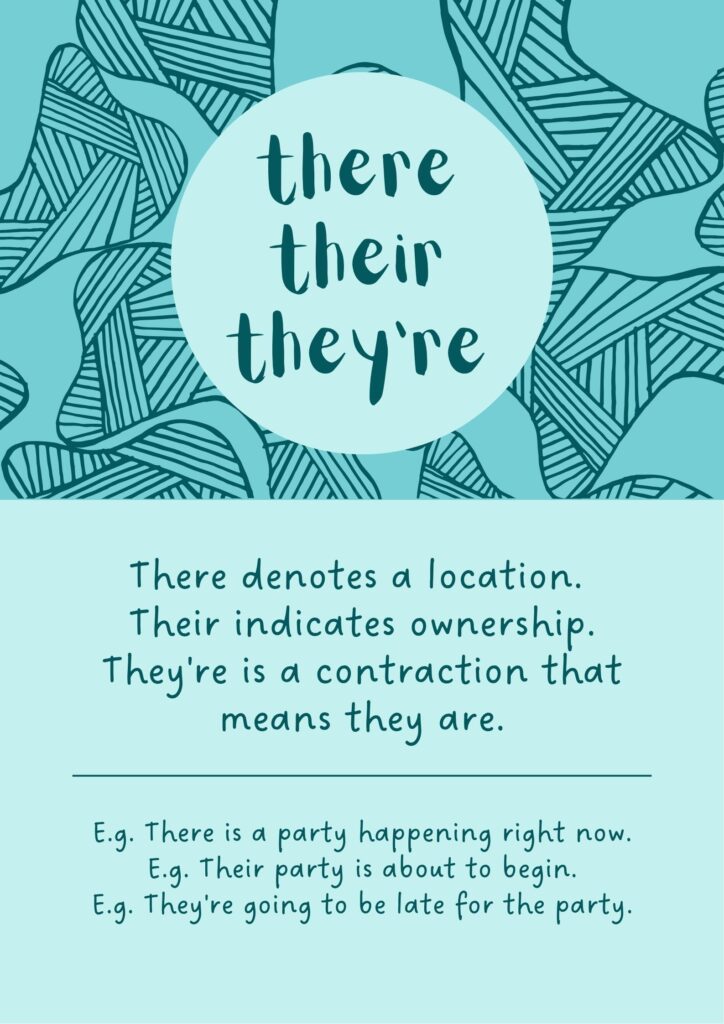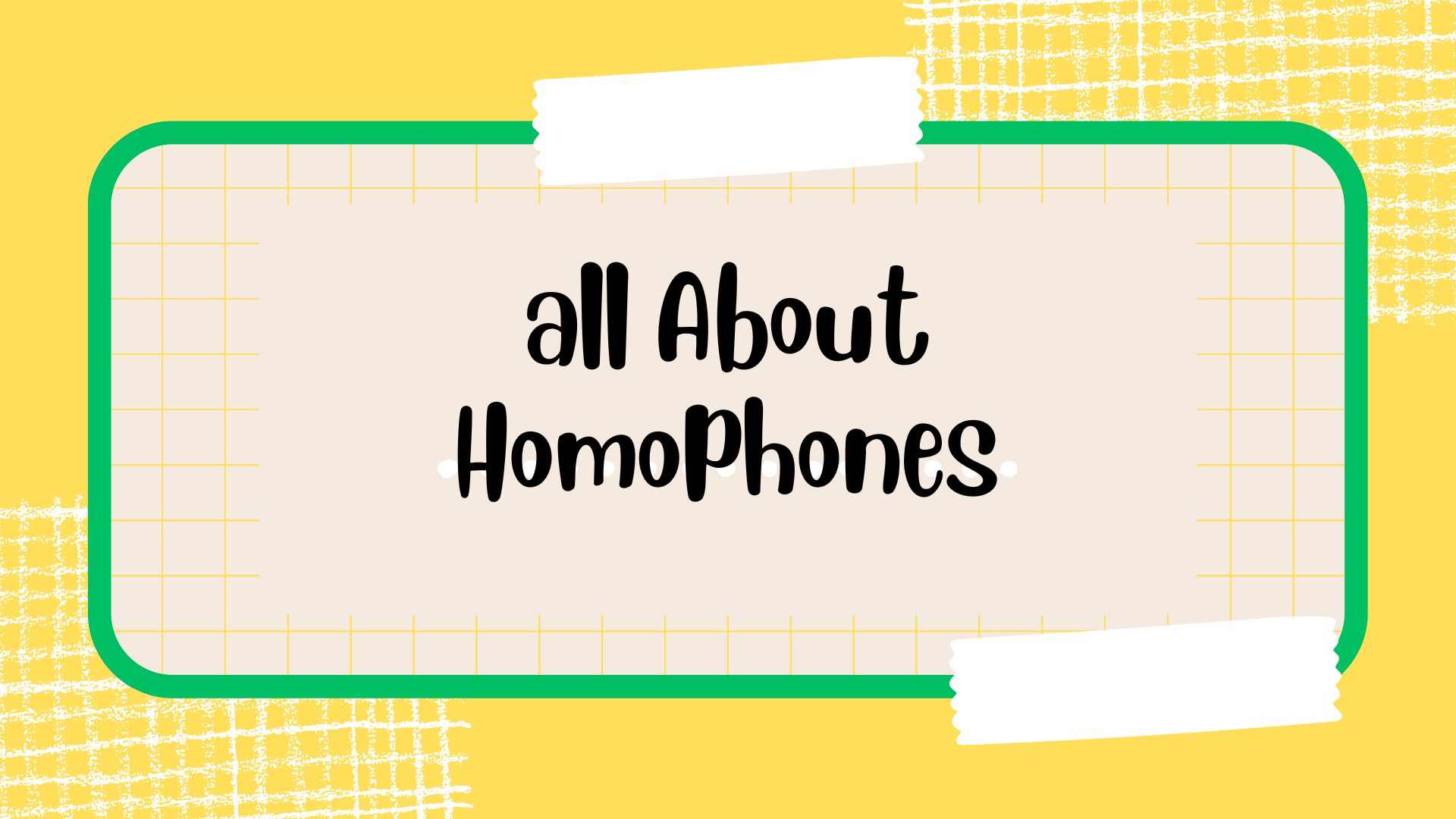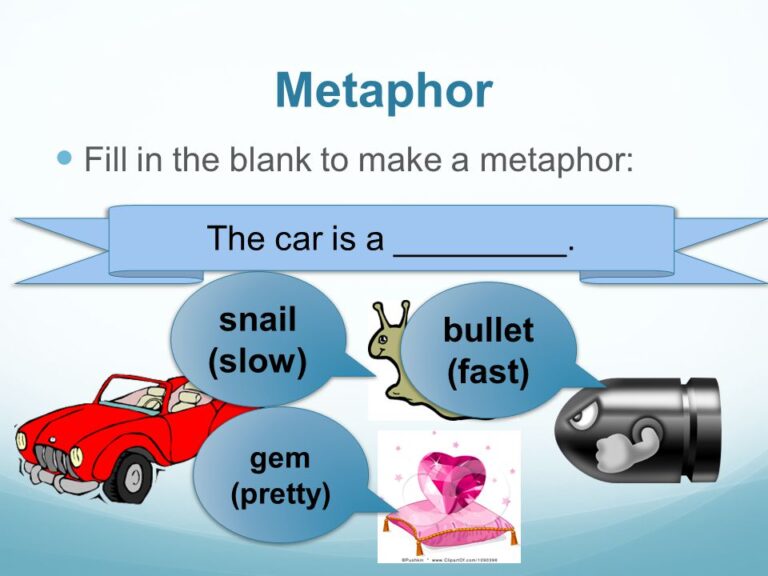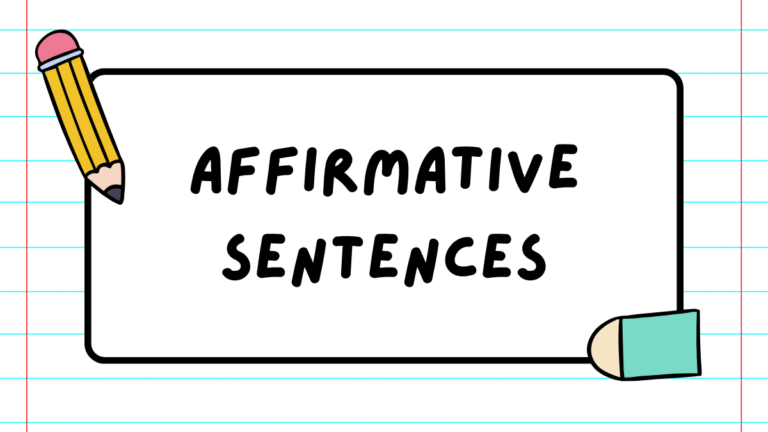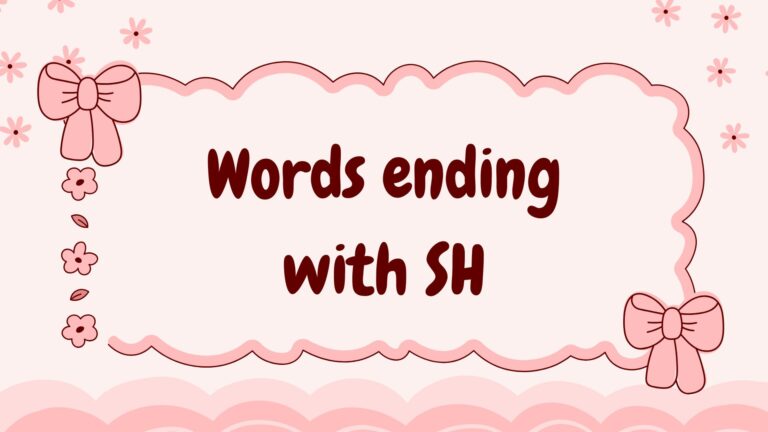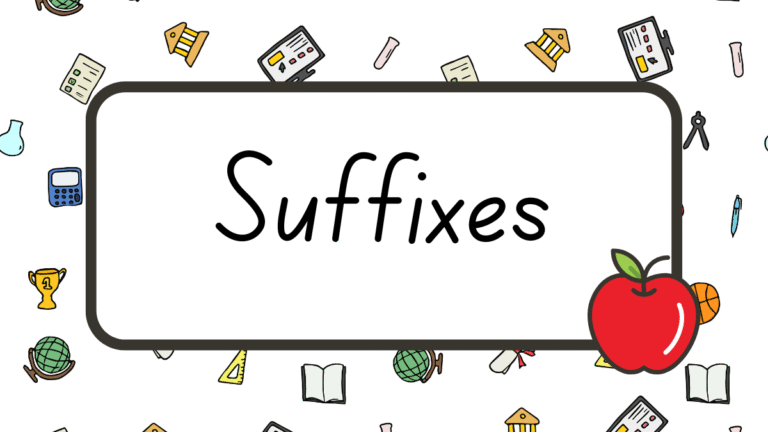Homophones: Sentences That Sound the Same
Homophones can change meanings in sentences, affecting how will we communicate. This article looks at their importance and gives examples to help improve language skills and confidence in using them.
Introduction to Homophones
Homophones are words that sound the same but have different meanings, highlighting the complexity of English. For example, “pair” means two items, while “pear” is a type of fruit. This can lead to both humor and confusion in conversations.
Looking at homophones shows us deeper meanings in language, like with “flour” and “flower,” which can cause misunderstandings or create puns. This wordplay helps us pay attention to context, improving our listening skills and vocabulary.
Understanding the Concept of Homophones
Homophones are interesting words that sound alike but have different meanings and spellings. This helps expand vocabulary and understanding. Homophones also show how flexible language can be, connecting different meanings and inspiring creativity in writing and speaking.
Importance of Homophones in Communication
Homophones improve communication by adding detail and avoiding confusion. For example, “bough” and “bow” show how important they are. Learning homophones can make writing more interesting with fun puns and wordplay that grab readers’ attention.
This creativity helps make messages stick in people’s minds and builds connections through shared understanding and humor. In our busy lives, using homophones makes language richer and communication clearer.
Common Homophones and Their Meanings
Homophones sound the same but have different meanings, which can be confusing and fun. For example, “flour” (used for baking) and “flower” (a beautiful plant) make communication more interesting. This playful confusion creates memorable phrases and poetic language. Homophones also show cultural differences in how we use language.
- “Bare” means uncovered, while “bear” can mean the animal or to endure something.
- The words “capital” (a city where government is) and “capitol” (a building for lawmakers) are important in politics.
- Other examples like “pair,” “pare,” and “pear” demonstrate how context changes meaning.
Examples of Homophones
- 1. Ate – Eight
- 2. Bare – Bear
- 3. Be – Bee
- 4. Blew – Blue
- 5. Buy – By
- 6. Cell – Sell
- 7. Cent – Scent
- 8. Chews – Choose
- 9. Chord – Cord
- 10. Cite – Site
- 11. Clothes – Close
- 12. Complement – Compliment
- 13. Coarse – Course
- 14. Die – Dye
- 15. Dear – Deer
- 16. Dual – Duel
- 17. Faint – Feint
- 18. Fair – Fare
- 19. Fir – Fur
- 20. Flour – Flower
- 21. For – Four
- 22. Forth – Fourth
- 23. Great – Grate
- 24. Groan – Grown
- 25. Hair – Hare
- 26. Heal – Heel
- 27. Hear – Here
- 28. Hi – High
- 29. Him – Hymn
- 30. Hole – Whole
- 31. Hour – Our
- 32. Idle – Idol
- 33. Knight – Night
- 34. Know – No
- 35. Lead – Led
- 36. Leek – Leak
- 37. Lesson – Lessen
- 38. Made – Maid
- 39. Mail – Male
- 40. Meat – Meet
- 41. Morning – Mourning
- 42. Muscle – Mussel
- 43. None – Nun
- 44. One – Won
- 45. Pair – Pear
- 46. Peace – Piece
- 47. Plane – Plain
- 48. Pray – Prey
- 49. Principal – Principle
- 50. Rain – Reign
- 51. Right – Write
- 52. Ring – Wring
- 53. Road – Rode
- 54. Role – Roll
- 55. Root – Route
- 56. Sail – Sale
- 57. Scene – Seen
- 58. Sea – See
- 59. Seam – Seem
- 60. Sew – So
- 61. Sole – Soul
- 62. Some – Sum
- 63. Son – Sun
- 64. Stair – Stare
- 65. Stake – Steak
- 66. Stationary – Stationery
- 67. Steal – Steel
- 68. Suite – Sweet
- 69. Tail – Tale
- 70. Their – There
- 71. Threw – Through
- 72. Throne – Thrown
- 73. Toe – Tow
- 74. Too – Two
- 75. Vain – Vein
- 76. Vary – Very
- 77. Wait – Weight
- 78. Waist – Waste
- 79. War – Wore
- 80. Way – Weigh
- 81. Weak – Week
- 82. Weather – Whether
- 83. Which – Witch
- 84. Whine – Wine
- 85. Wood – Would
- 86. Yolk – Yoke
- 87. Yew – You
- 88. Your – You’re
- 89. Aloud – Allowed
- 90. Bored – Board
- 91. Capital – Capitol
- 92. Desert – Dessert
- 93. Doe – Dough
- 94. Ewe – You
- 95. Flew – Flu
- 96. Kernel – Colonel
- 97. Morning – Mourning
- 98. Passed – Past
- 99. Pause – Paws
- 100. Rite – Right
Fun Facts About Homophones
Homophones sound alike but have different meanings, which can be confusing and funny. For example, “bare” means not covered, while “bear” is a big animal. This difference adds richness to language and allows for clever jokes.
Many languages have homophones too. In Chinese, the word “shi” can mean “to be,” “ten,” “poem,” or “stone,” depending on how you say it. These features show how complex communication can be and reflect cultural differences and creativity.
Misused Homophones: Common Mistakes to Avoid
Misusing homophones like “their,” “there,” and “they’re” can confuse readers. “Their” shows possession, “there” indicates location, and “they’re” means “they are.” Knowing these differences makes your writing clearer and shows you pay attention to detail.
Another common mistake is mixing up “affect” and “effect.” “Affect” is a verb that means to influence, while “effect” is a noun that means a result. Understanding these differences improves your writing and helps you communicate your ideas better.
